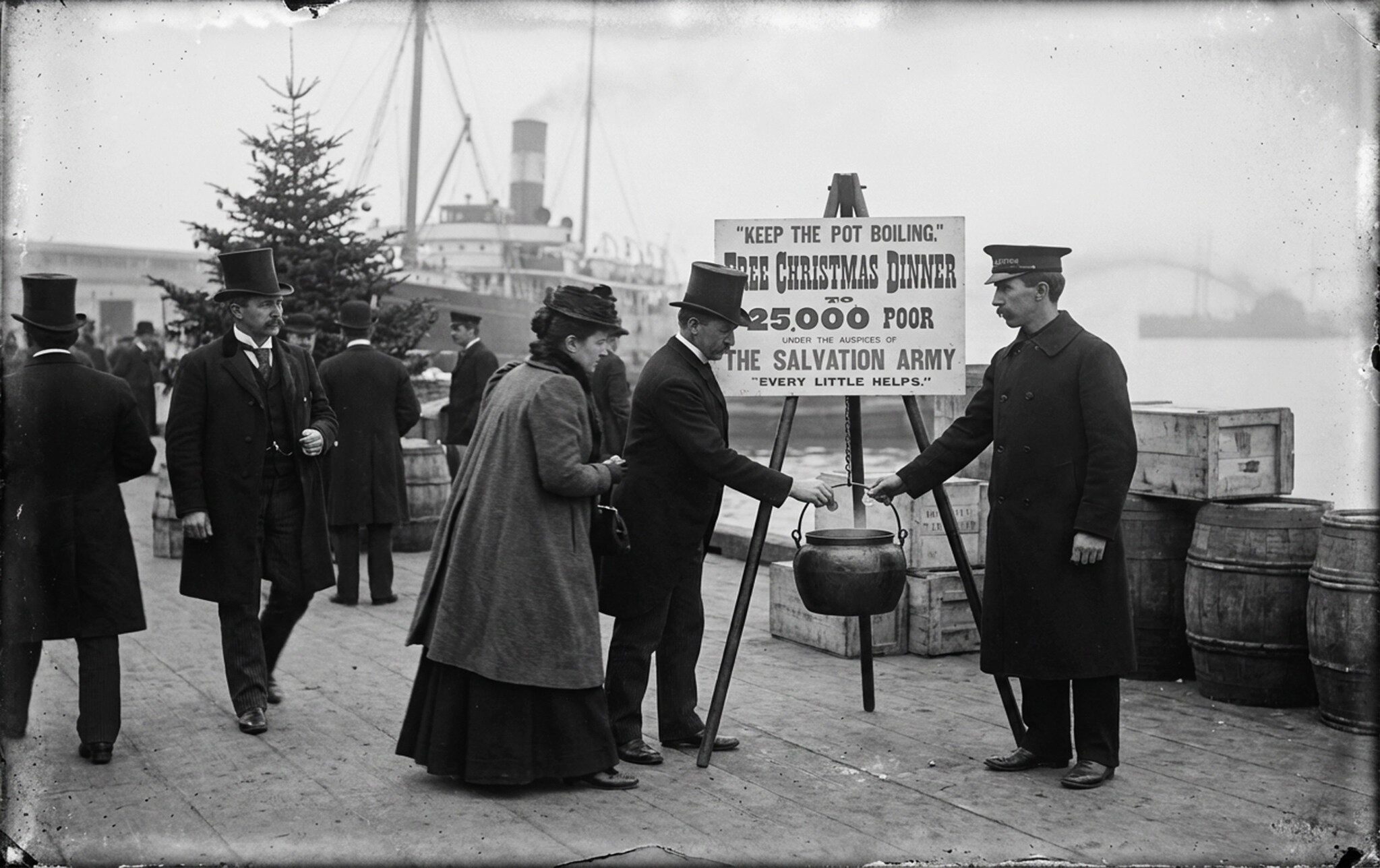In the early hours of April 26, 1986, an explosion shook the small Ukrainian city of Pripyat. Inside Reactor 4 of the Chernobyl Nuclear Power Plant, a late-night safety test had gone wrong. A series of design flaws and rushed decisions caused the reactor to overheat and then explode, sending radioactive material miles into the sky.
But the disaster didn’t end with the explosion. In many ways, it began there.
Rather than immediately warn the public, officials chose to hide the truth. In the Soviet Union, failure was seen as weakness and weakness was unacceptable. Within hours, government leaders began to control the narrative by minimizing the incident, silencing witnesses and assuring citizens that everything was under control.
It wasn’t.
Radiation spread across Europe. People in Pripyat watched as a strange blue glow lit the night sky, unaware that it was deadly. Children went to school the next morning. Weddings were held that weekend. By the time the city was finally evacuated (nearly 36 hours later), exposure levels had already soared.
When the truth eventually came out, the world was horrified. Not only by the accident itself, but by the system that tried to hide it. Scientists later estimated that the cover-up may have caused more long-term harm than the initial explosion. The silence, not the science, was the greatest failure.
It’s a tragic reminder of what happens when image matters more than integrity.
Every organization faces moments like this — not nuclear, but moral. Times when it’s tempting to protect perception instead of telling the truth. Times when leaders stay quiet to avoid embarrassment, or when teams downplay problems to look successful. But the longer the truth is hidden, the more damage it does.
Honesty may be uncomfortable in the short term, but it’s always the safer choice in the long term. Transparency builds trust. Cover-ups do the exact opposite.
At Radiant, we’ve seen what happens when organizations try to maintain an image instead of owning their reality. Our work in storytelling and communication is rooted in the belief that truth, told with grace, is what restores credibility. The goal isn’t perfection; it’s integrity.
Because when the truth is buried to protect appearances, it doesn’t disappear. It detonates.





